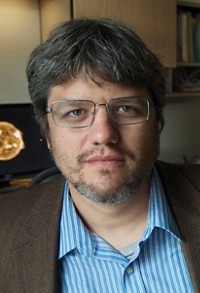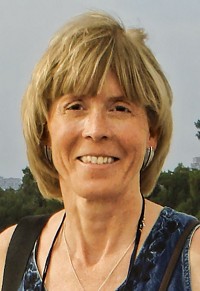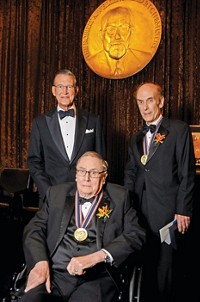Advertisement
Grab your lab coat. Let's get started
Welcome!
Welcome!
Create an account below to get 6 C&EN articles per month, receive newsletters and more - all free.
It seems this is your first time logging in online. Please enter the following information to continue.
As an ACS member you automatically get access to this site. All we need is few more details to create your reading experience.
Not you? Sign in with a different account.
Not you? Sign in with a different account.
ERROR 1
ERROR 1
ERROR 2
ERROR 2
ERROR 2
ERROR 2
ERROR 2
Password and Confirm password must match.
If you have an ACS member number, please enter it here so we can link this account to your membership. (optional)
ERROR 2
ACS values your privacy. By submitting your information, you are gaining access to C&EN and subscribing to our weekly newsletter. We use the information you provide to make your reading experience better, and we will never sell your data to third party members.
Materials
MacArthur Fellows Named
A chemist is among this year's recipients of the $500,000 ???genius grants'
by Sophie L. Rovner
September 26, 2007
Among the two dozen scientists, engineers, artists, and others who have been designated MacArthur Fellows for 2007 by the John D. & Catherine T. MacArthur Foundation is My Hang Huynh, a chemist with Los Alamos National Laboratory who has devised new techniques for synthesizing energetic compounds including explosives.
Huynh developed a new class of reactions based on constituents such as azides and alkynes to produce explosives that are more stable under a wide range of temperatures than current compounds and are thus safer. The new explosives are also less harmful to the environment because they incorporate elements such as copper and iron in the place of elements such as lead or mercury.
"This fellowship is a miracle award to me," Huynh says. "With the wonderful flexibility of the fellowship, I can now continue doing research either in another field or with a different approach. The best thing that one can give to creative work lovers is the absolute freedom to convert their unconventional approach into practical breakthroughs."
Other fellows whose work is linked with chemistry are as follows:
• Marc Edwards, a civil engineer at Virginia Polytechnic Institute & State University who analyzes the chemistry and toxicity of drinking water.
• Michael Elowitz, a California Institute of Technology molecular biologist who studies how networks of interacting genes and proteins enable a cell to respond to its environment, communicate with other cells, and form multicellular organisms.
• Saul Griffith, a cofounder and inventor at the engineering R&D and consulting firm Squid Labs, in Alameda, Calif., who has worked on optics, high-performance materials, nanotechnology, novel manufacturing techniques, and science education.
• Cheryl Hayashi, a University of California, Riverside, biologist who studies the structure and genomics of spider silk, in part to develop biomimetic materials.
• Mark Roth, a biomedical scientist at Fred Hutchinson Cancer Research Center, in Seattle, who is developing diagnostic tests for cancer and other diseases and is also studying how to temporarily "suspend animation" by reducing oxygen levels for treatment of conditions such as stroke and trauma.
• Paul Rothemund, a Caltech nanotechnologist who uses self-assembling DNA to form nanoscale shapes and patterns that could eventually be used to build nanodevices.
Popularly known as "genius grants," the MacArthur Fellowships recognize "talented individuals in a variety of fields who have shown exceptional originality in and dedication to their creative pursuits," according to the foundation. Each of this year's fellows will receive $500,000???with no strings attached???over five years. The grants "support people, often unrecognized, who are expanding the boundaries of knowledge and human interaction." President Jonathan Fanton adds that the MacArthur Foundation "supports highly creative individuals and institutions with the ability and the promise to make a difference in shaping and improving our future."






Join the conversation
Contact the reporter
Submit a Letter to the Editor for publication
Engage with us on Twitter